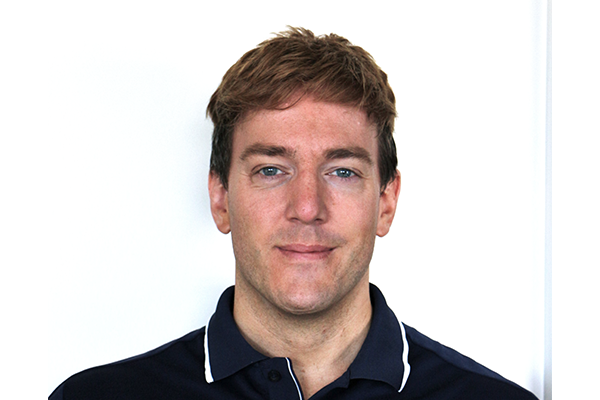
From bins to Botox, the portfolio for Public Health & Waste at LGAQ is huge in terms of its scope and importance. We get to know LGAQ's Lead in the portfolio, Rudi Pretzler, a little better.
You've been appointed LGAQ's Lead for Public Health & Waste - a super important role. Can you tell us a little bit about it and its function?
As Lead for Public Health & Waste at the LGAQ, I do my best to help local governments in their core business of waste management and resource recovery and in their duty to protect their local community’s health. Queensland (and the rest of Australia) has ambitious goals when it comes to climate change and aims to achieve a truly circular economy.
As the traditional ‘waste managers’ and level closest to their communities, local governments often feel the brunt of changes and bear the main costs, while having the fewest options. One of my main jobs is to ensure that responsibilities and costs are fairly distributed along the supply chain and to allow each community to play their important role in the circular economy of the future.
Similarly, if Covid-19 has taught us one thing, it’s that preparation is everything. If local communities are appropriately supported to provide their own public health services, their resilience to overcome big and small crises exponentially rises.
What kinds of projects are you involved in?
In such a diverse portfolio there’s always something to do, from working groups to decide what goes into which bin, to the safety concerns associated with Botox for beauty treatments; there’s always something new coming along. It’s exciting to work in a position that has a real opportunity to shape how Queensland learns from global disasters such as Covid and how to make the circular economy more than just a buzz word.
Tell us a bit about your work with councils on regional waste management plans and why they're important?
Queensland is one of the most dispersed states in Australia, with small communities that are vast distances from each other. With recycled material already hard to sell, it’s hard to create size and scale to make the economies work by yourself. So, the LGAQ has partnered with the State Government to develop regional plans to identify the best options for each community. I’ve taken that over from my predecessor and now hopefully can present some great new strategies to get this state on par with the rest of the country.
What else is hot in the waste/public health space?
There’s always a dumpster fire to put out – figuratively and literally. While waste management and community safety are ‘core’ business of councils, we are a creature of the state and dependent on their support. I do my best to make that relationship as positive as possible, to have a chance to create truly liveable communities.
You're also the ALGA rep on a federal government board - tell us about this?
Similar to our work on the regional plans, Queensland’s councils cannot achieve everything by themselves. As the Australian Local Government Association representative on the Resource Recovery Reference Group, I have an opportunity to influence the really big decisions. In the end, everything we import, buy and use somehow ends up in waste management, ideally after many rotations in a circular economy – and to achieve the optimal output, that needs some big-picture thinking to get right.
What would an average day in the life of Rudi look like?
I’m a true morning person – so wake up at 4am, gym, walk the dog, make breakfast for the husband and off to work. What’s best about this job is that there is no typical day, so there is always something new to learn. I might wake up thinking I’ll review a specific request but end up researching the history of mosquito management. My brain usually stops working around 3pm, so afternoon and evening are calm and quiet, unless it’s the weekend and my favourite wine is still in the rack.
What is the hardest part of your job?
It’s probably cliché but the best part of this job – getting out and seeing all the wonderful places in Queensland – is also the hardest, as it means spending nights away from the family. Apart from that, I’m resilient and try to take it as it comes. Never a dull moment for this portfolio.
And finally, tell us a bit about you personally…
Everyone that walks past my desk knows I’m obsessed with my dog and my cat. They also take up quite some of my time when at home. Apart from my seasonal obsession with the Eurovision Song Contest – as any good European should – I like to cook, which often ends up in weekend dinner parties, or just read a book on the balcony – preferably anything about history.